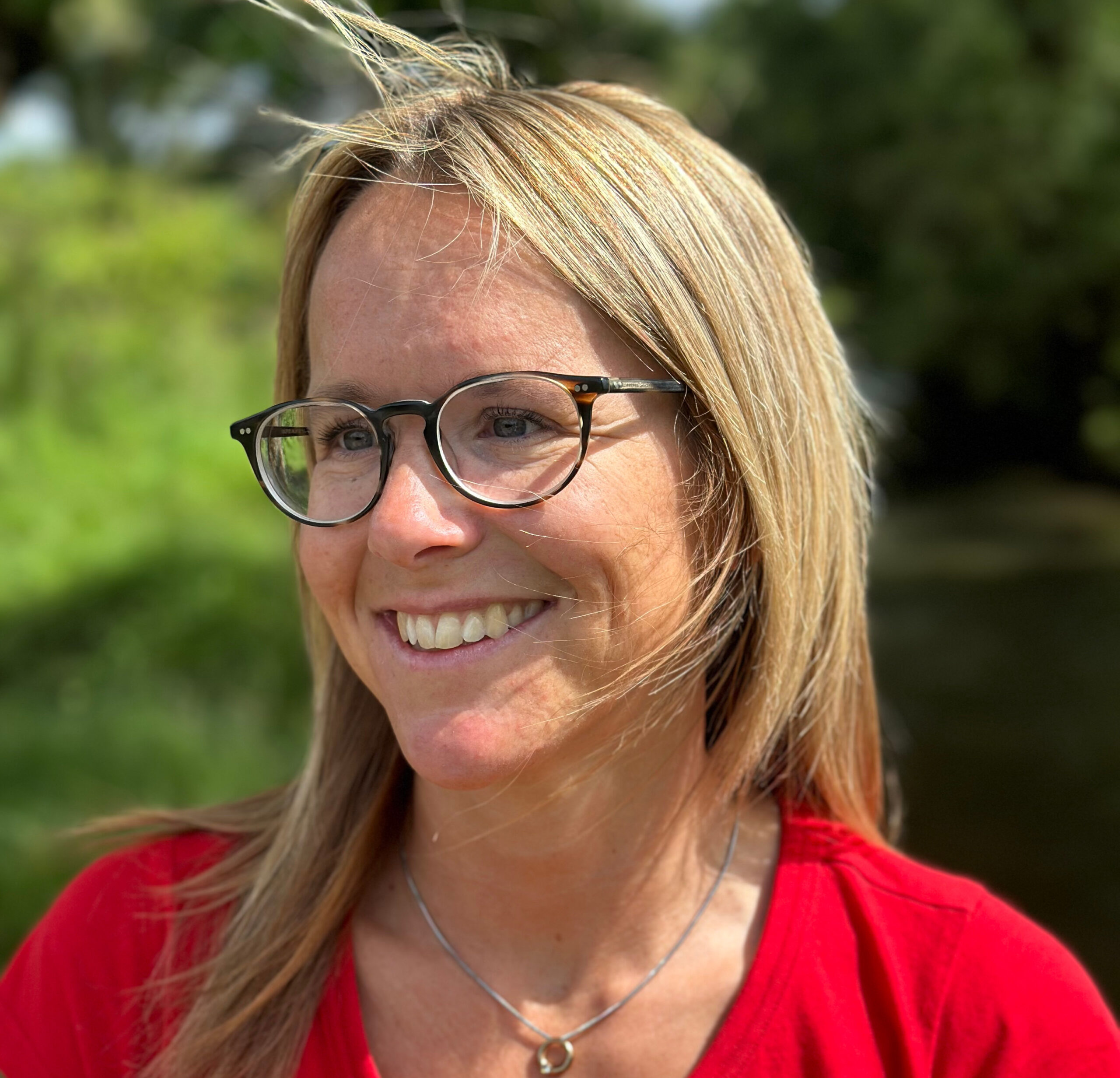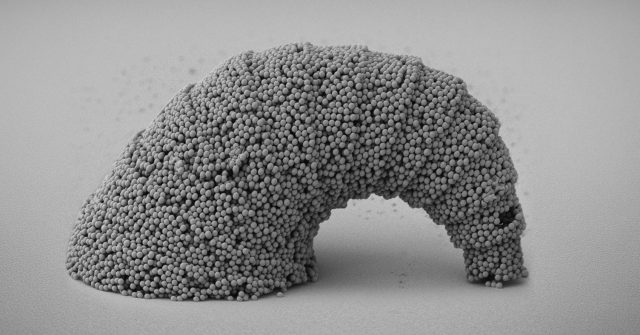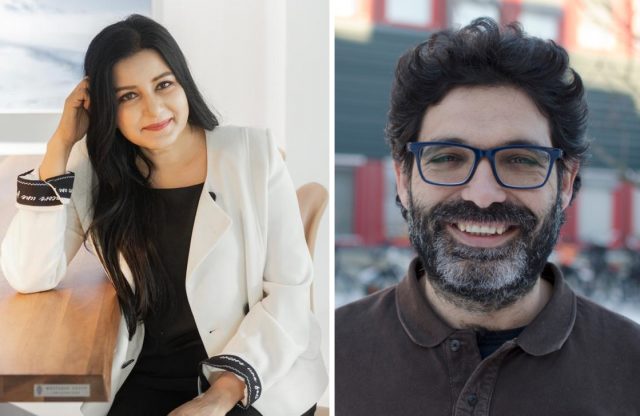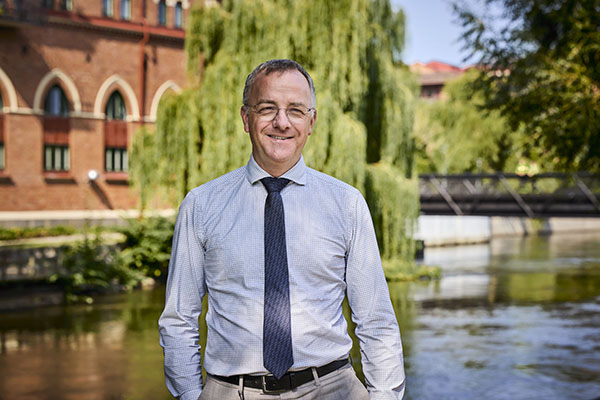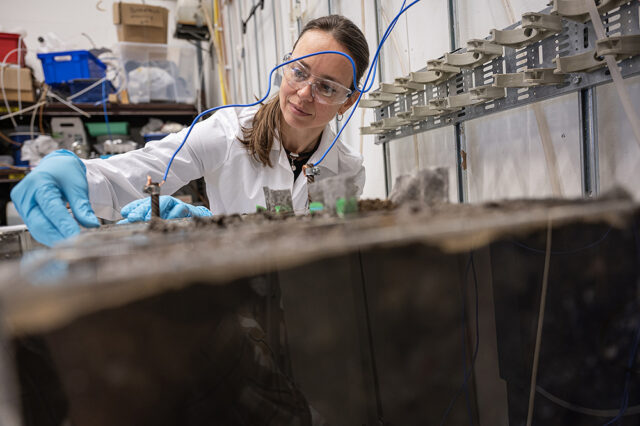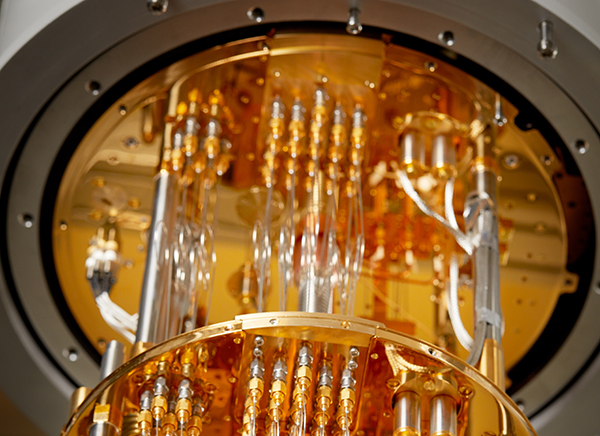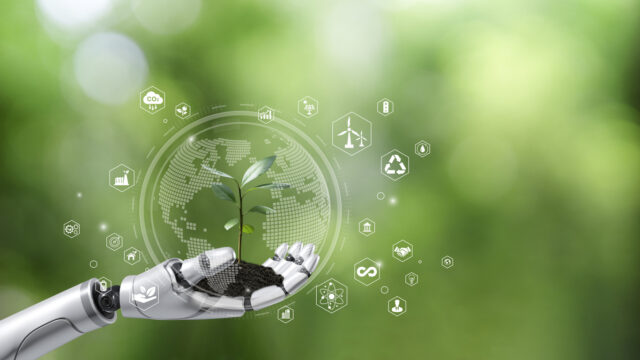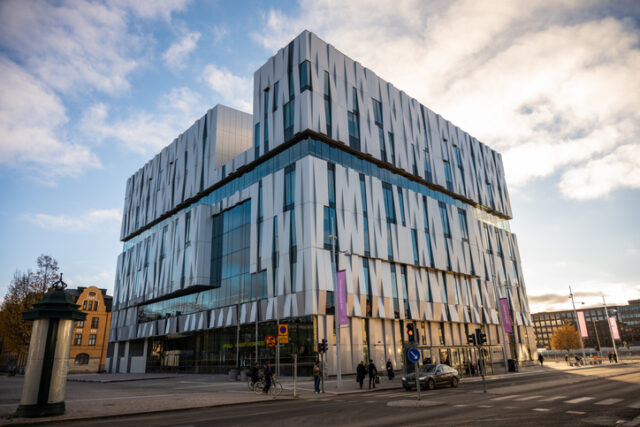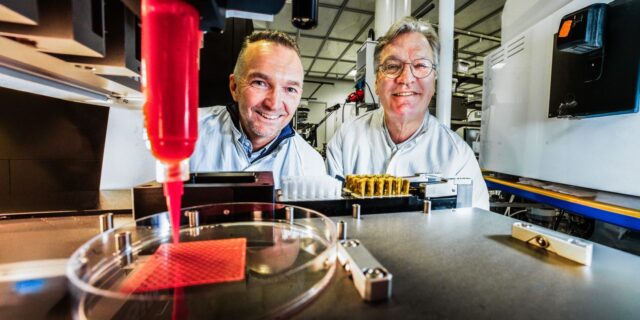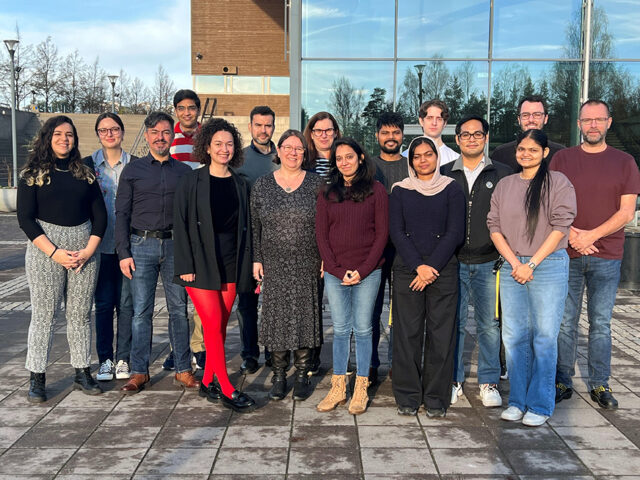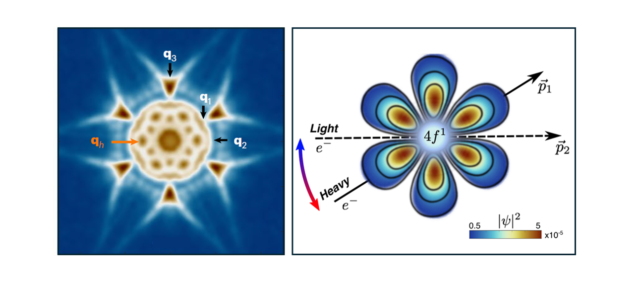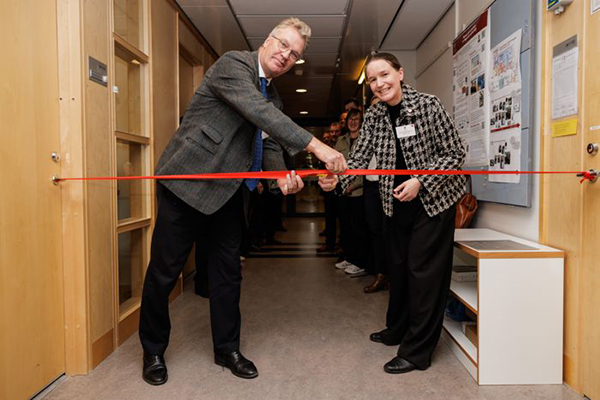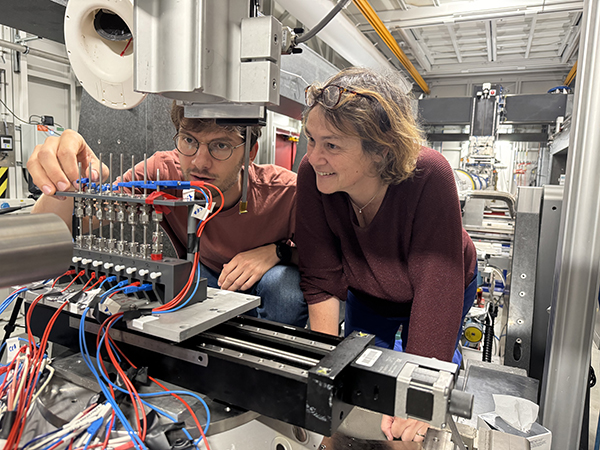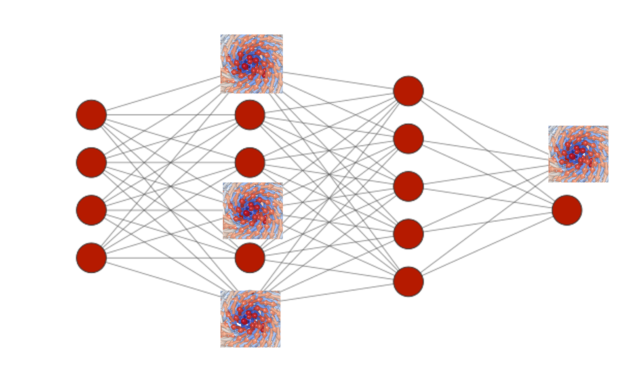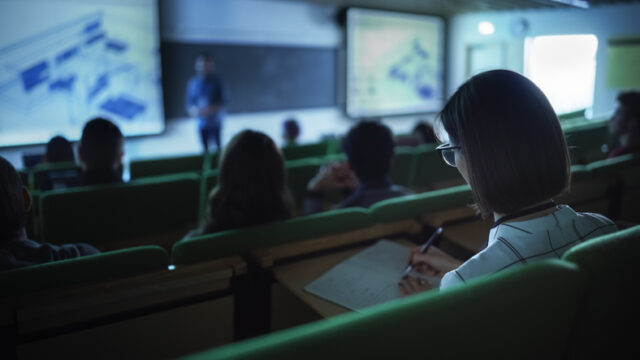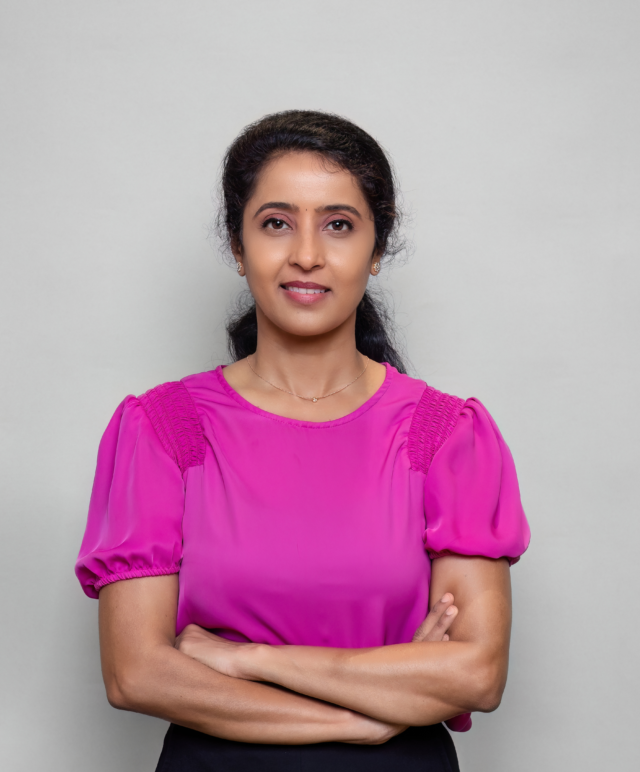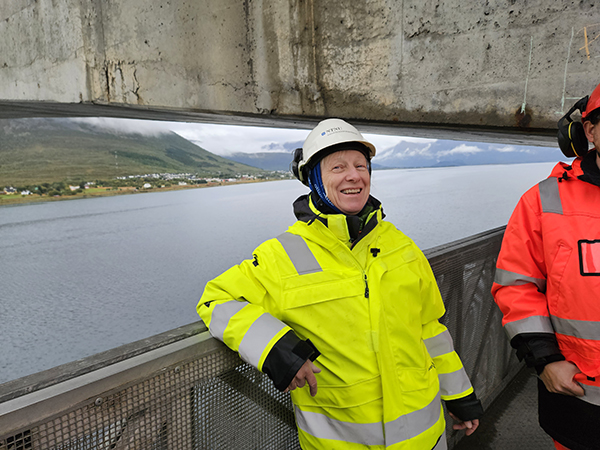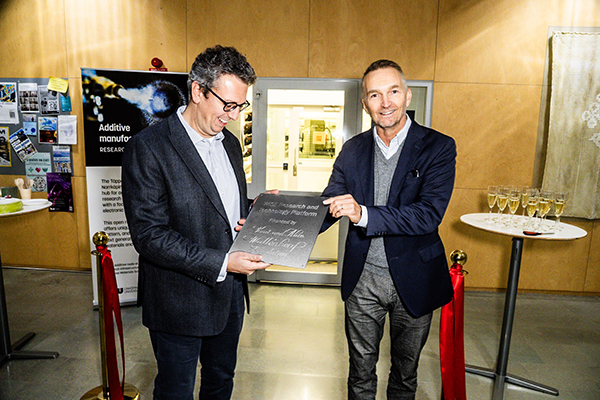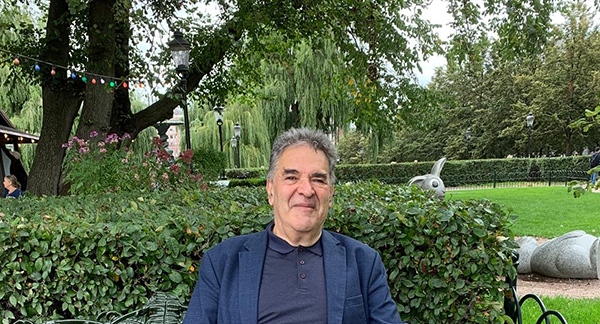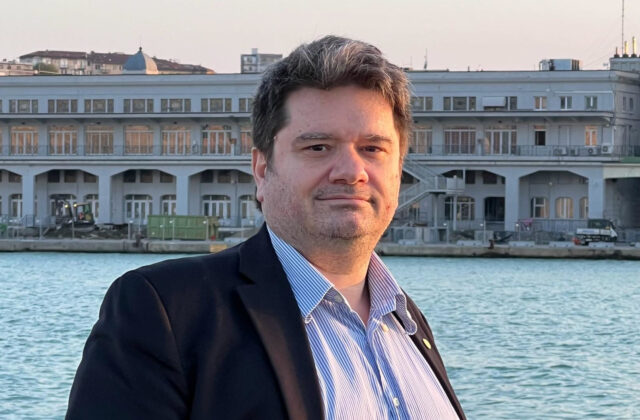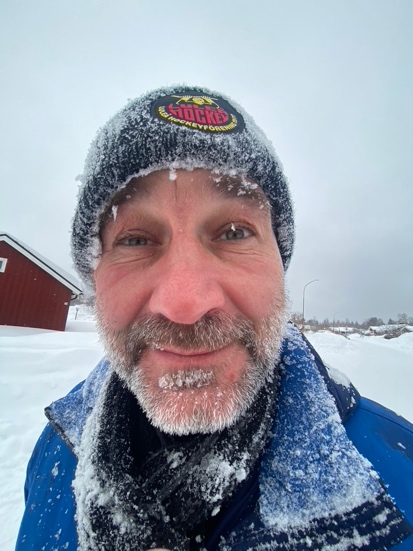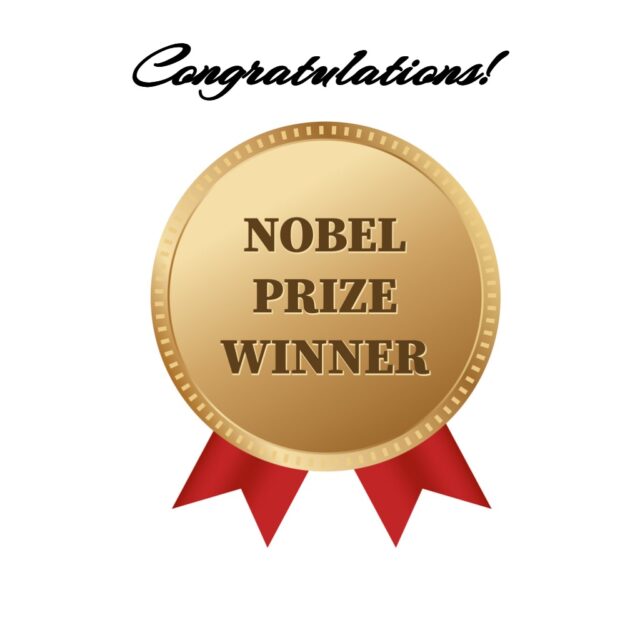WISE is proud to showcase our distinguished researchers. Today, we are delighted to introduce Professor Maria Messing from Lund University, who also serves as the Deputy Director of NanoLund: Center for Nanoscience. After earning her PhD in Nanoscience from Lund University, Maria was appointed a full professor in 2023. Her team’s work focuses on developing innovative nanoparticle-based materials with customized properties, all while ensuring safety and sustainability.
-Why did you choose to join WISE?
Some of my colleagues worked in the initial discussions and application process to the Wallenberg Foundation for the formation of WISE. Consequently, I became well-informed about WISE’s aims and objectives from the very beginning, recognizing that my research would align well with WISE research matrix. I have a strong passion for multidisciplinary work and knew that WISE would offer excellent opportunities for such collaborations.
-Currently, you have two WISE projects; academic and industrial. Can you describe them shortly?
Both of my projects are distinct in their focus, objectives, and thematic areas.
In my academic project, we are exploring magnetic materials. Strong permanent magnets are essential components in the world’s largest wind turbines and state-of-the-art electric vehicles. However, these magnets currently rely on rare earth metals, which have significant environmental drawbacks. Our project aims to develop new, high-performing, rare-earth-free permanent magnets using a novel, environmentally friendly generation method. This approach is ideal for creating composite materials with diverse elemental properties, and we specifically aim to produce exchange-coupled nanostructures for enhanced performance.
In my industrial project, I am collaborating with Tetra Pak. This project focuses on accelerating the development and understanding of a new metal-polymer barrier solution for food packaging, with the goal of enabling full-scale practical recycling. We employ a variety of characterization techniques, including electron microscopy, x-ray spectroscopy, atomic force microscopy, and permeation tests.
-How will your research help our society to become more sustainable?
My WISE academic project focuses on finding alternatives to rare earth metals. Replacing harmful materials in products is a crucial issue in materials science. Mining rare earth metals is detrimental to soil, water, and human health, and poses geopolitical challenges as China produces over 70% of the global supply.
On the other hand, my WISE industrial project targets several key sustainability goals: SDG2 (Zero Hunger), SDG12 (Responsible Production and Consumption), and SDG9 (Industry, Innovation, and Infrastructure), all of which are emphasized by the WISE program. In collaboration with Tetra Pak, this project aims to secure food safety, enhance operational performance, transform food systems, and deliver nutritious food in sustainable packaging.
To learn more about Professor Maria Messing’s WISE academic project visit:
Rare-earth-free exchange coupled nanocomposite materials for strong permanent magnets
To learn more about Professor Maria Messing’s WISE industrial project visit:
A new nano-metal and modified polymer barrier solution in food packaging to optimize recycling and reduce the carbon footprint
